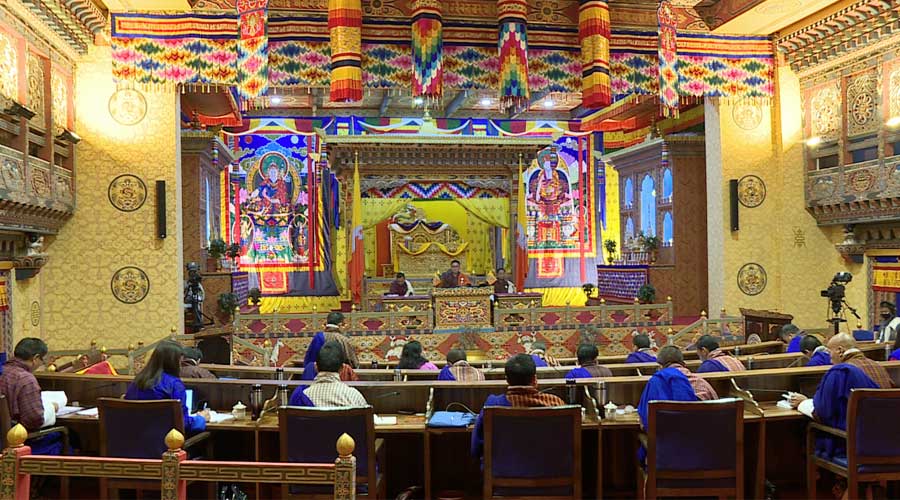
The National Council deliberated on the Civil Liability Bill today. The Bill was presented for the first time in the house by the Legislative Committee after working to draft it for more than a year. The Civil Liability Bill aims to address the predicament faced by victims of civil wrongs as well as instil a sense of responsibility among individuals and agencies.
The Civil Liability Bill also known as the law of torts will ensure compensation for damages or harm caused by negligence, poor quality of materials, or failure to carry out timely inspection among others.
According to the Legislative Committee, the provisions governing civil liability are currently scattered across several existing legislations such as the RSTA Act, the Labour and Employment Act, etc.
If adopted, the bill will consolidate all of it in a comprehensive legal framework as a single user-friendly law.
“For example, if the head of a public authority misuses his authority and if this lack of accountability results in death, injury or, damage to property, people shouldn’t think that it is of no use to file a case against the government. This system will fix accountability and give fair compensation to the victims affected,” said Ugyen Tshering, the Deputy Chairperson of the Legislative Committee.
One of the concerns raised by members was that the Bill could result in duplication of laws that could lead to unfair trials.
“If the Civil liability bill gets adopted, there are other laws and Acts too. If this bill gets adopted and the other laws are not amended, there will be a problem when the court has to settle a dispute because they will have two references,” said the Chhukha MP, Sangay Dorji.
“A few of the sections that are in this bill are also there in almost 27 old Acts. When the clauses are discussed and amended time and again, we discussed that it is inconvenient to harmonise multiple laws,” said Monggar MP, Sonam Pelzom.
The Committee said if another legislation also provides compensation for the same cause of action, the victims have been given the option to claim compensation under either of the legislations under the new bill.
Meanwhile, the Bill also provides detailed compensation schemes such as the death compensation which has up to 21 years minimum wage, funeral rites expenses for 49 days, and reasonable medical expenses.
The Legislative Committee of the house proposed the enactment of a Civil Liability Act during last year’s summer session after which the House passed a resolution directing the Committee to draft the Bill. The house will continue its deliberations on the bill tomorrow.
Samten Dolkar
Edited by Yeshi Gyaltshen










